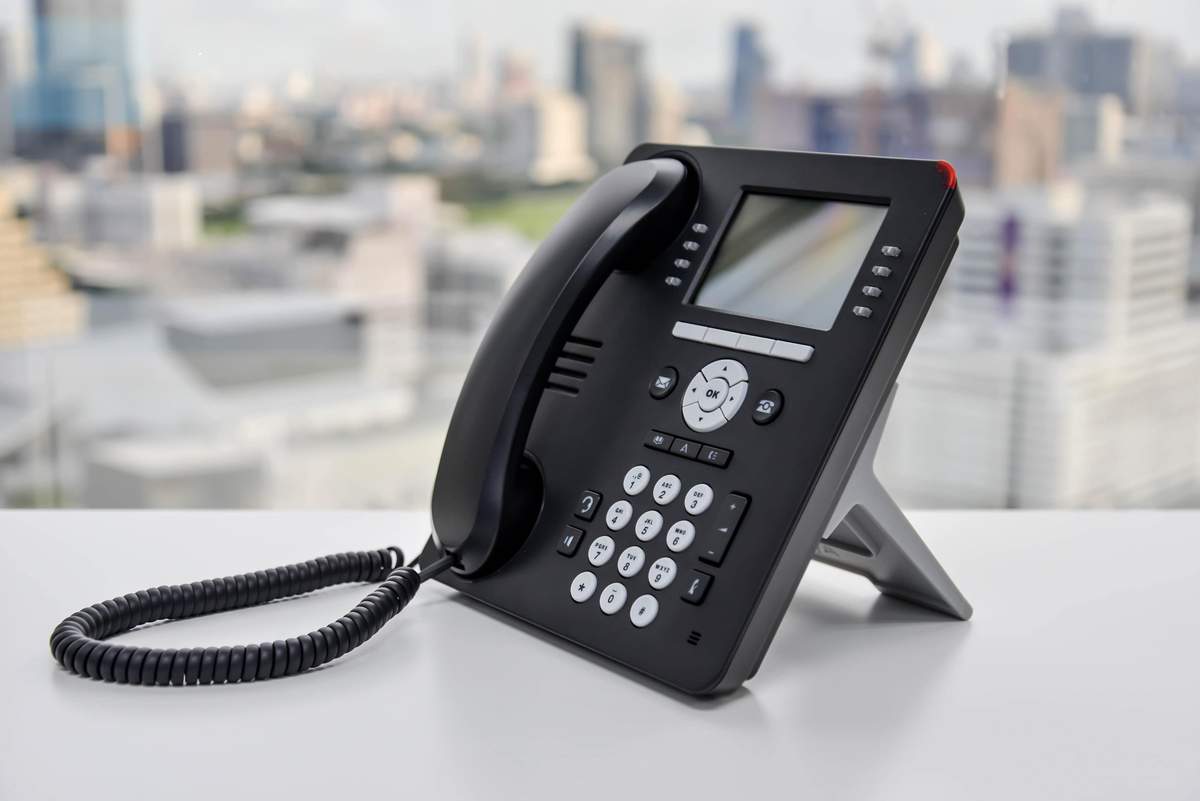VoIP business Technology has grown worldwide and is being used by almost every business. The technology does have a lot of benefits; however, it has a few drawbacks as well. For example, the most significant advantage of VoIP technology is its huge potential for cost-saving and the better scalability of its system. Whereas one drawback of VoIP is that it needs a reliable and consistent active internet connection along with high bandwidth accessibility in order to run smoothly.
What is VoIP?
Voice over internet protocol or VoIP enables you to make phone calls over the local area networks or the internet. It is a modern technology that is able to convert the analog voice signals into digital data packets of information. These data packets are then sent over the internet, which allows for the conversation to take place anywhere around the world where there is an active internet connection.
Business VoIP Pros and Cons
Pros
- Cost
- Accessibility
- Voice Quality
- Additional inexpensive features
- Flexibility
Cons
- Reliable internet connection required
- Latency
- Power failures/emergency
PROS
Accessibility
VoIP phone services are quite different from traditional phone systems. With VoIP distance or geographical location does not make any difference whether you call your head office in another city or you make a call to another country. As long as you have an active and reliable internet connection, communication is possible.
With VoIP, all that is essential is that you have to sign in your broadband account. If you travel a lot or do not work from the office but want to stay connected to your office phone system, then you can do it with VoIP at a very minimal cost.
Cost
VoIP’s initial setup and its ongoing cost are generally are quite low as compared to the traditional. Since VoIP works over your internet connection, therefore it doesn’t require a conventional phone line. This means that you have to deal with only one account, one bill for both your internet and phone.
Calls that are made from PC to PC through the internet are free of cost. And the calls which are made from PC to landline generally have a very low cost, and the rates are remarkably lower than the rates of the traditional phone line.
Voice Quality
If your office has a reliable and strong internet connection with good bandwidth, then you will experience excellent voice quality similar or even better in comparison to the traditional phone system. However, if you make a call using VoIP from a rural area, then your call quality will suffer.
Additional Inexpensive Features
Traditional phone systems provide a range of additional features that you have to pay for. Whereas VoIP is a lot different. VoIP comes with a broad range of additional features such as call waiting, voice mail, caller ID, 3-way calling, call forwarding, and much more. Furthermore, you can send pictures and documents while having a conversation.
Additionally, VoIP has the benefit of allowing you your employees and your customers to hold video conversation, exchange data files, and access whilst the conversation is still going on. This enables phone integration and flexibility for meetings so that you can seamlessly incorporate people from different office locations all over the world.
Flexibility
Contrary to the Private Box Exchange (PBX), a VoIP network offers a lot of flexibility. With an internal phone network, you become limited to the number of phones that can be added to your system, by the number of lines that are available within the system. However, with the VoIP network, you will only be limited by the bandwidth; hence thousands of connections can be made.
CONS
Reliable Internet Connection
VoIP phone services only work on a reliable internet connection that has sufficient bandwidth. Otherwise, you cannot operate the VoIP phone system without the internet.
Power Failures and Emergencies
If you use the VoIP phone system and experience a power failure, then you will no longer have an active internet connection which means that your VoIP phone system won’t work till the power is back. While this might appear to be a small bother, but in case it happens on any rare occasion, it could be a big headache if the power fails for a long time. Further, emergency services find it hard to trace the call back to a VoIP phone system. Due to these reasons, a lot of businesses still keep at least one regular phone line so that they can communicate when there are power failures and emergencies.
Latency
Because of bandwidth requirements, a few calls might appear to delay, lag, or drop altogether. This happens because the data packets of information require time to reconstruct so that an effective call can be made. This issue, however, is disappearing because of more complicated data algorithms have come into use.
Criteria Checklist for Switching to VoIP
- If you are not interested in saving money, then VoIP is not for you. You can stay with the old familiar traditional PBX based phone system.
- Your business needs to have the hardware for running off the Session Initiation Protocol (SIP). SIP is the means through which the internet telephony service suppliers can provide telephone services along with the unified communications for users equipped with the SIP-based Private branch exchange.
- Your business needs to have access to high bandwidth. Because your VoIP phone system will not operate adequately without it. Therefore, check with your ISP provider whether you need an upgrade of bandwidth or not.
- Do you want better scalability of your phone system? VoIP enables you to develop into a telephone network system in a lot of ways compared to the traditional PBX system.
DepositPhotos – VoIP phone


